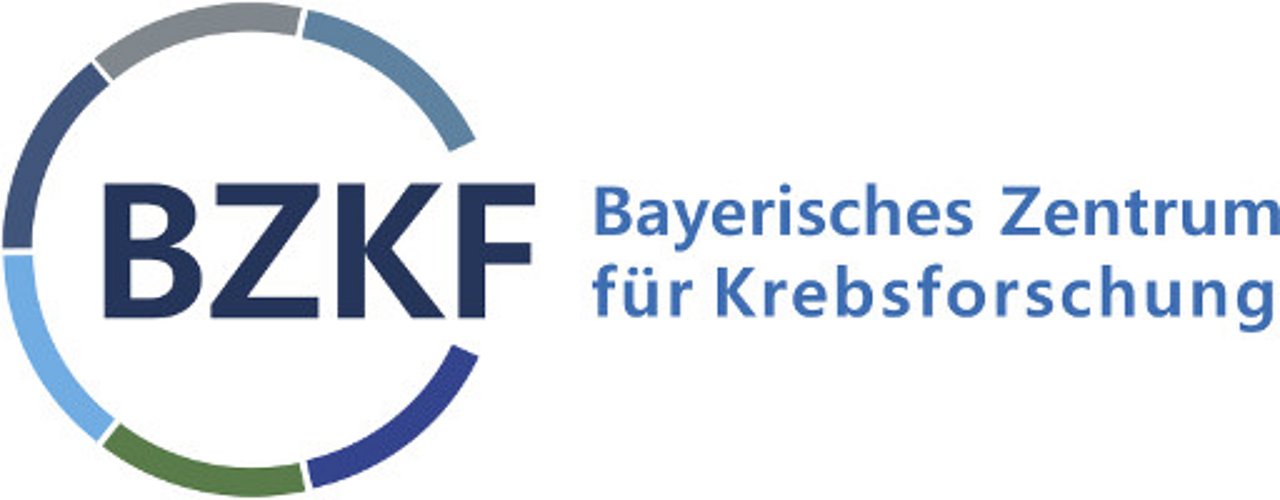What causes kidney cancer?
The causes of kidney cancer remain largely unclear. However, there are certain factors which may increase the risk of contracting the disease. These include:
- genetic factors
- smoking
- obesity
- possible exposure to pollutants in the environment, such as cadmium, lead or asbestos
- a fatty, low-fibre diet
- increased alcohol consumption
- not drinking enough fluids
- chronic kidney disease
- high blood pressure
- pain reliever abuse
- age
- acquired cystic kidney disease
Symptoms: Which complaints are typical for kidney cancer?
In many cases, the disease initially progresses without any symptoms. Renal cell carcinoma is often only picked up when the patient has an ultrasound or CT scan for another reason. However, many patients begin to notice symptoms once the tumour reaches a certain size. These may include:
- back pain
- flank pain
- haematuria (blood in urine)
- larger tumours may be palpable
- fatigue
- loss of appetite
- fever
- unintentional weight loss
- anaemia
- raised blood calcium levels due to metastases forming in bones
- rarely: liver malfunction
- in men: varicocele in testicles
Treatment: How can the Deutsches Zentrum Immuntherapie (DZI) help?
The DZI provides patients access to pioneering, innovative immunotherapy. In recent years, the most success in treating metastasised kidney cancer with immunotherapy has been had with substances that inhibit the growth of new blood vessels in the tumour by blocking the signalling pathways that control this process.
Various treatment options are available to patients, depending on whether it is their first or second line of treatment. First-line therapies are the treatment the patient receives immediately after the initial diagnosis. Second-line therapies or medication is what is used if the tumour returns or metastasis occurs after completing the first line of treatment.
Checkpoint inhibitors such as the drug nivolumab have been available to patients as a predominantly second line of treatment since April 2016. These substances can support the body’s own defence mechanisms to inhibit the growth of the tumour. They improve the ability of the body’s own immune cells to recognise modified cells and therefore eliminate cancer cells.
In recent years, further advances have been made and results from recent studies (as of 14 April 2021) have led to four different combination treatments containing at least one checkpoint inhibitor being made available to patients as the first line of treatment. Specifically, these are:
- Pembrolizumab/axitinib
- Ipilimumab/nivolumab
- Avelumab/axitinib
- Cabozantinib/nivolumab
If the cancer has already metastasised, the drugs may be offered in combination with radiation therapy. Treatment with checkpoint inhibitors may also be offered to alleviate patients’ symptoms in cases where the renal cell carcinoma does not react well to radiation.
A major ray of hope for many of the patients in our care is the rapid development of new combinations of drugs and new substances for treating kidney cancer with immunotherapy. Specialists from all the departments at Universitätsklinikum Erlangen involved in the DZI are working closely together as an interdisciplinary team to develop new treatment approaches and improve existing options. Individual patients can be given the opportunity to take part in clinical trials.
Do you have any questions on the treatment of kidney cancer? Please feel free to get in touch with us by phone, e-mail or via our contact form.




